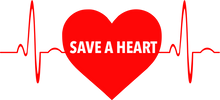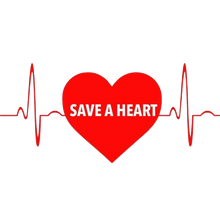If you experience any of these signs below call 9-1-1 immediately.
• Chest Discomfort
• Sweating
• Upper Body Discomfort
• Nausea
• Shortness of Breath
• Light-Headedness
Most heart attacks involve discomfort in the centre or left side of the chest that either lasts for more than a few minutes or comes and goes. The discomfort can feel like uncomfortable pressure, squeezing, fullness, or pain.


